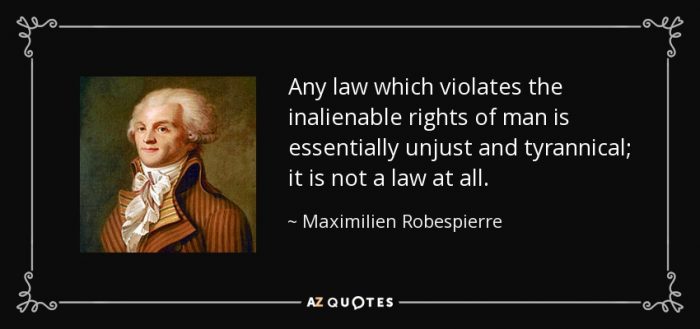
Page Description
Explore the ethical dilemmas and moral decisions we encounter in our everyday lives.

What Is the Right Thing to Do?
Every day, we make choices that reflect our values — in how we treat others, in what we tolerate or resist, in the justice we accept or challenge. These choices are not just personal; they are part of a larger moral landscape we all share.
The “laws of nature” are not only physical principles — they also speak to human dignity, fairness, and the responsibilities we have to one another. How should we act when faced with injustice? What do we owe to strangers, to our communities, or to future generations?
This page explores those questions through the acclaimed lectures of Professor Michael Sandel. His course “Justice: What’s the Right Thing to Do?” invites us to think more deeply — not only about laws and systems, but about ourselves.
Here, you’ll find 24 thought-provoking videos that challenge us to consider:
What is the right thing to do — and why?
Wat is het juiste om te doen?
Elke dag nemen we beslissingen die onze waarden weerspiegelen — in hoe we anderen behandelen, wat we accepteren of afwijzen, en welke vormen van onrecht we wel of niet verdragen. Deze keuzes zijn niet louter persoonlijk; ze maken deel uit van een gedeeld moreel landschap.
De ‘wetten van de natuur’ gaan niet alleen over fysieke principes — ze raken ook aan menselijke waardigheid, rechtvaardigheid en de verantwoordelijkheid die we voor elkaar dragen. Hoe moeten we handelen als we onrecht tegenkomen? Wat zijn we verschuldigd aan vreemden, aan onze gemeenschap, of aan toekomstige generaties?
Op deze pagina verkennen we die vragen aan de hand van de befaamde colleges van professor Michael Sandel. Zijn cursus “Justice: What’s the Right Thing to Do?” daagt ons uit dieper na te denken — niet alleen over wetten en systemen, maar ook over onszelf.
Je vindt hier 24 indringende video’s die ons uitnodigen om te reflecteren op de kernvraag:
Wat is het juiste om te doen — en waarom?
“Laws of Nature – The moral decisions we face in our everyday lives” is a topic that likely refers to the ethical considerations and dilemmas that arise in our daily lives as we navigate the world and interact with others. Some key points related to this topic may include:
Moral Agency: The concept of moral agency refers to the ability of individuals to make moral decisions and be responsible for their actions. It recognizes that we have the capacity to make choices and decisions that can have ethical implications in our everyday lives, and that we are accountable for the consequences of those choices.
Ethical Dilemmas: Everyday life is often filled with ethical dilemmas, situations where there is no clear-cut right or wrong choice, and difficult decisions must be made. These dilemmas may involve issues such as honesty, fairness, compassion, and justice, and can present moral challenges that require careful consideration of values, principles, and consequences.
Consequentialism vs. Deontological Ethics: Two prominent ethical frameworks that often come into play in moral decision-making are consequentialism and deontological ethics. Consequentialism focuses on the outcomes or consequences of actions, and often emphasizes maximizing overall well-being or utility. Deontological ethics, on the other hand, emphasizes adherence to moral duties, principles, or rules, regardless of the consequences. These differing ethical perspectives can influence how we approach and resolve moral decisions in our everyday lives.
Moral Relativism vs. Moral Absolutism: Another dimension of moral decision-making is the debate between moral relativism and moral absolutism. Moral relativism holds that morality is subjective and varies from person to person or culture to culture, while moral absolutism posits that there are objective moral truths or principles that are universally applicable. Balancing these different perspectives can be challenging when facing moral decisions in our everyday lives, as we may encounter diverse opinions, values, and beliefs.
Virtue Ethics: Virtue ethics is a moral framework that focuses on the development of virtuous character traits, such as honesty, compassion, courage, and integrity, and how these virtues guide ethical behavior. Practicing virtues in our everyday lives can shape our moral decision-making and influence the choices we make in various situations.
Personal vs. Societal Ethics: Moral decisions in everyday life may also involve considerations of personal ethics versus societal ethics. Personal ethics reflect our individual values, beliefs, and principles, while societal ethics consider the broader social, cultural, and legal norms that influence our behavior. Navigating the tension between personal and societal ethics can present challenges and require careful consideration of various factors.
Ethical Reflection and Action: Engaging in ethical reflection and taking appropriate action is crucial in our everyday lives when faced with moral decisions. It involves examining our values, considering the potential consequences of our actions, and making informed and responsible choices. Ethical decision-making is an ongoing process that requires critical thinking, self-awareness, and ethical reasoning.
These are some of the key points that may be relevant to the topic of “Laws of Nature – The moral decisions we face in our everyday lives.” It’s important to note that ethical considerations can be complex and context-dependent, and individuals may have different perspectives and approaches to moral decision-making.
1 – 13/24 – A Lesson in Lying – HARVARD’s Michael Sandel JUSTICE Series
Gepubliceerd op 23 nov. 2016
JUSTICE – What’s the right thing to do ?
My PLAYLIST
https://www.youtube.com/playlist?list…
HARVARD’s PLAYLIST (Double Lectures/ Episodes)
https://www.youtube.com/playlist?list…
Episode Seven
https://youtu.be/KqzW0eHzDSQ
PART ONE: A LESSON IN LYING
Immanuel Kant’s stringent theory of morality allows for no exceptions. Kant believed that telling a lie, even a white lie, is a violation of one’s own dignity. Professor Sandel asks students to test Kant’s theory with this hypothetical case: if your friend were hiding inside your home, and a person intent on killing your friend came to your door and asked you where he was, would it be wrong to tell a lie? If so, would it be moral to try to mislead the murderer without actually lying? This leads to a discussion of the morality of “misleading truths.” Sandel wraps up the lecture with a video clip of one of the most famous, recent examples of dodging the truth: President Clinton talking about his relationship with Monica Lewinsky.
2 – Debate PGA Golf RIGHTS of disabled Casey Martin – Harvard’s Michael Sandel JUSTICE (Excerpt)
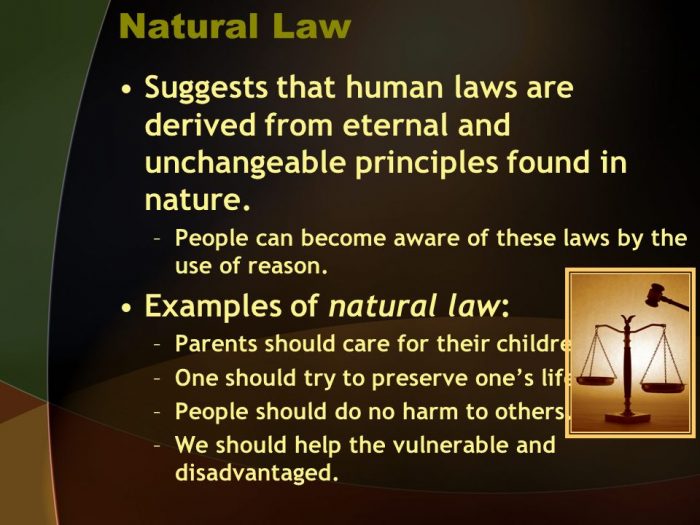
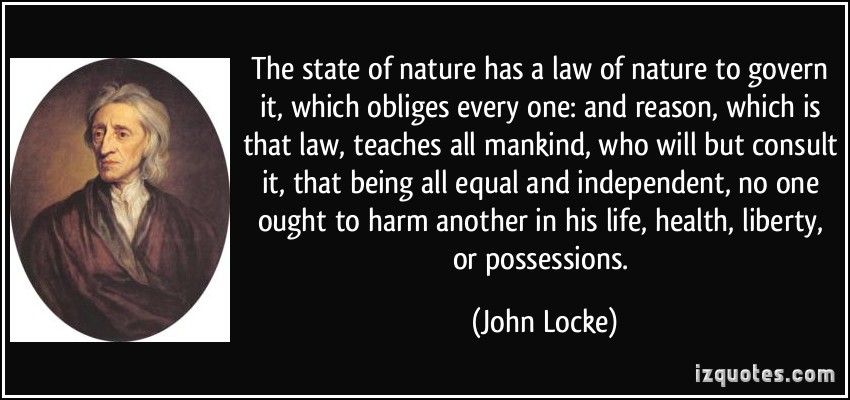
3 – Michael Sandel – Justice: What’s the right thing to do?
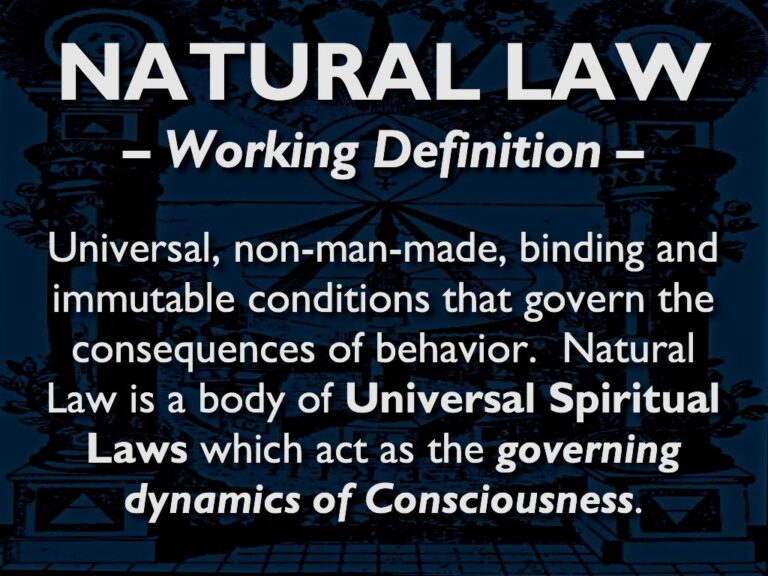
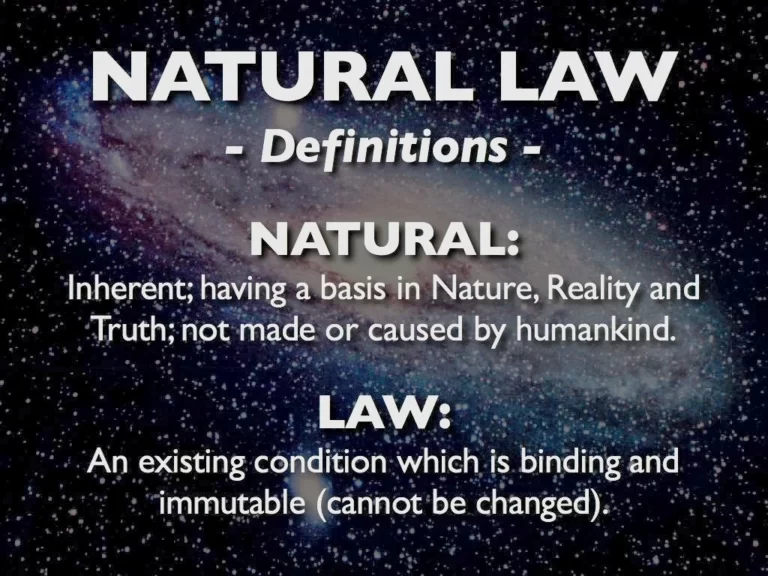
5 – GO TO: justiceharvard.org for JUSTICE: What’s The Right Thing To Do? — Excerpt Ep 3
6 – GO TO: justiceharvard.org for more JUSTICE: What’s The Right Thing To Do? — Excerpt Ep 5
7 – JUSTICE: What’s The Right Thing To Do? Excerpt Ep 7
8 – JUSTICE: What’s The Right Thing To Do? Excerpt Ep 8
9 – GO TO JusticeHarvard.org — Excerpt EPISODE 9
Gepubliceerd op 2 okt. 2009
10 – 04-3 – Michael Sandel Sums Up Objections to Bentham s Utilitarianism
Gepubliceerd op 7 jan. 2017
11 – 03/24 – Putting a Price Tag on Life – HARVARD’s Michael Sandel’s JUSTICE
Gepubliceerd op 29 jun. 2017
13 – 04-2 – Simpsons Experiment and Debate on Higher Lower Pleasures Knowledge
Gepubliceerd op 29 jun. 2017
14 – Morality and the Free Market – Michael Sandel
Gepubliceerd op 27 jul. 2009
Complete video at: http://fora.tv/2009/07/20/Michael_San…
Political philosopher Michael Sandel argues that free market economics have affected American perceptions of ethics, morality, and value. By emphasizing the monetary value of human goods, says Sandel, Americans may be moving away from notions of emotional and social worth.
—–
Harvard Professor Michael Sandel deliveres a speech titled “Markets and Morals” as part of the Chautauqua Institution 2009 Summer Lecture Series. He tackles some of economics’ toughest ethical questions, such as the business of commercial surrogacy and the price of citizenship. – Chautauqua Institution
Michael J. Sandel is the Anne T. and Robert M. Bass Professor of Government at Harvard University, where he has taught political philosophy since 1980.
He is the author of Liberalism and the Limits of Justice (Cambridge University Press, 1982, 2nd edition, 1997; translated into eight foreign languages), Democracy’s Discontent: America in Search of a Public Philosophy (Harvard University Press, 1996), Public Philosophy: Essays on Morality in Politics (Harvard University Press, 2005), and The Case against Perfection: Ethics in the Age of Genetic Engineering (Harvard University Press, 2007).
His writings also appear in general publications such as The Atlantic Monthly, The New Republic, and The New York Times.
BOOKMARK
15 – ‘What Money Can’t Buy’ and What it Shouldn’t Buy
16 – Justice: At Home and Abroad
Gepubliceerd op 22 aug. 2016
From the 2011 Aspen Ideas Festival: Another installment of Michael Sandel’s popular interactive session on ethical dilemmas drawn from the headlines: Suppose torturing a terrorist did help the US find Osama bin Laden—would it be justified? Is it possible to have reasoned public debate across cultures?
Michael J. Sandel is the Anne T. and Robert M. Bass Professor of Government at Harvard University, where he has taught political philosophy since 1980. His latest book is What Money Can’t Buy: The Moral Limits of Markets. Sandel’s other books include Justice: What’s the Right Thing to Do? and Liberalism and the Limits of Justice, among others. His work has been translated into 19 foreign languages. In 2010, China Newsweek named him the most influential foreign figure of the year in China. In 2009, Sandel delivered the prestigious BBC Reith Lectures, broadcast in the United Kingdom and worldwide on the BBC World Service. In the United States, Sandel has served on the President’s Council on Bioethics and is a member of the American Academy of Arts and Sciences; he is also on the Council on Foreign Relations.
17 – Justice with Michael Sandel – CCCB: Bioethics: Designer children
BOOKMARK
18 – Justice with Michael Sandel – BBC: Fair pay?
BOOKMARK
19 – Justice with Michael Sandel – CCCB: Bioethics: Testing utilitarianism
BOOKMARK
20 – Justice with Michael Sandel BBC Justice: Torture and human dignity
21 – 16/24 – What Do We Deserve – HARVARD’s Michael Sandel – JUSTICE Series
23 – 22/24 – Where our loyalties lie – Liberal Values ? HARVARD’s Michael Sandel – JUSTICE Series
7 feb. 2017
24 Michael Sandel l Stay Tuned With Preet
22 aug. 2019
CAFE
On the 100th episode of Stay Tuned, “What is Justice?,” host Preet Bharara answers your questions about:
— NYPD Commissioner James O’Neill’s decision to fire Officer Daniel Pantaleo for his involvement in the 2014 death of Eric Garner
— Senate Majority Leader Mitch McConnell’s ability to block popular legislation, like universal background checks for gun buyers
— “Blinded by the Light,” the new movie about a young Pakistani boy’s love of Bruce Springsteen
— Advice for new law students, plus an anecdote from Preet about his time in Law School
To commemorate the milestone, this episode is all about justice and what it means. It is fitting that Michael Sandel is the guest. A world-renowned political philosopher, author, and professor at Harvard University, Sandel spent his career thinking, writing, and speaking about justice. And we resurface voices from the Stay Tuned archive for a look at the way past guests think about justice.
Bonus clips from the interview are available for members of the CAFE Insider community
Sign up to receive free references and supplemental materials for Stay Tuned episodes, a weekly newsletter, and updates from Preet.
25 Street Babysitter Prank
11 apr. 2011
A girl asks people to watch her baby while she goes to the restaurant and has a good meal with her husband. A good daycare is so hard to find, this method is much easier – and cheaper.